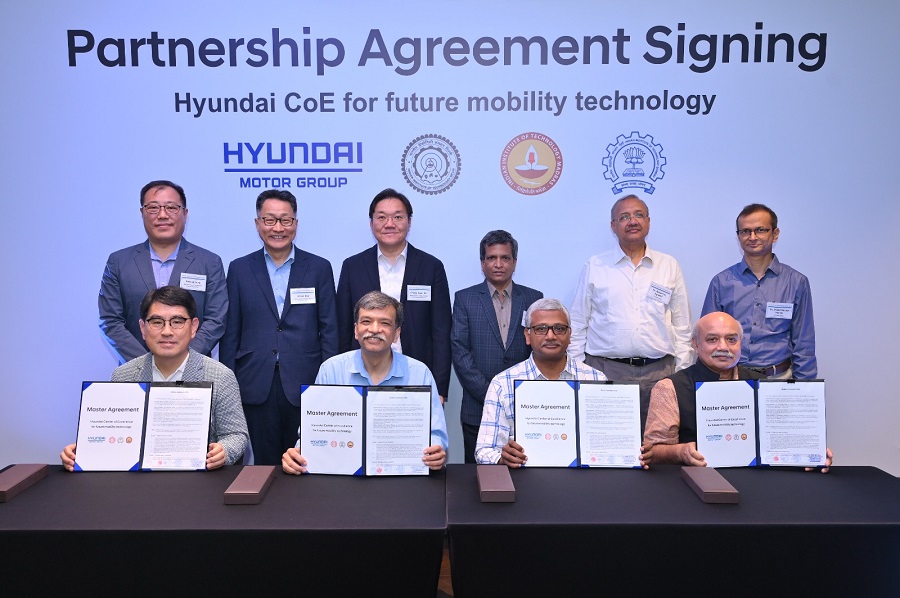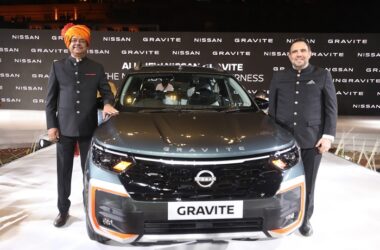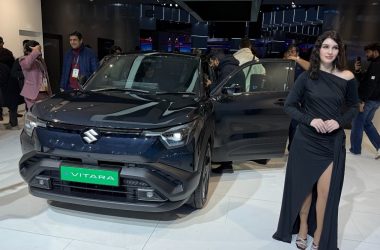SEOUL/NEW DELHI – In a powerful jolt to the world of future mobility, Hyundai Motor Group has flipped the switch on its latest brainchild—the Hyundai Center of Excellence (Hyundai CoE) for future mobility technology at IIT Delhi. And no, it’s not just another lab. This is where high-voltage ideas meet high-IQ brains, and sparks—of the research kind—are bound to fly.
In partnership with India’s premier tech institutions, Hyundai is now charging full-speed into the electric future, with nine joint research projects already humming along. The collaboration is laser-focused on key buzzwords of the EV age: battery cells, BMS (Battery Management Systems), safety, durability, energy density, and materials that sound like they belong in a sci-fi film.

The Hyundai CoE will be steered by Chang Hwan Kim, EVP and Head of Electrification Energy Solutions at Hyundai Motor Group, and Prof. Bijaya Ketan Panigrahi of IIT Delhi—a duo described by insiders as the “Elon and Edison” of this venture.
“We’re excited to work with India’s brightest minds in battery innovation,” said Heuiwon Yang, President and Head of Hyundai’s R&D Division. “Our goal is simple—develop tech that doesn’t just power EVs, but empowers India.”
In what sounds like the sequel to a cross-continental blockbuster, the program will soon expand beyond IIT Delhi to a nationwide network of 10 universities by the end of 2025. Think of it as an academic version of the Marvel Cinematic Universe—but with batteries.
From Ideas to Ions
Hyundai’s Future Technology Research Program—a global effort that now includes Indian professors—encourages faculty to pitch their own ideas, like a Dragon’s Den for future mobility. If you’re a professor with a penchant for lithium-ion chemistry, this could be your standing ovation moment.
To keep the current flowing, the initiative will also host global battery tech conferences, Korea-India knowledge forums, and high-voltage policy dialogues featuring academia, government, and industry—because it takes a village (and a voltage regulator) to electrify a nation.
With IITs currently playing the role of innovation grid centers (Delhi, Bombay, and Madras onboard), Hyundai is revving up to engage 100 professors across 10 institutions—proving that even in academia, it pays to plug in early.
So here’s to Hyundai and IIT—lighting the way for India’s electric future, one research paper at a time.







